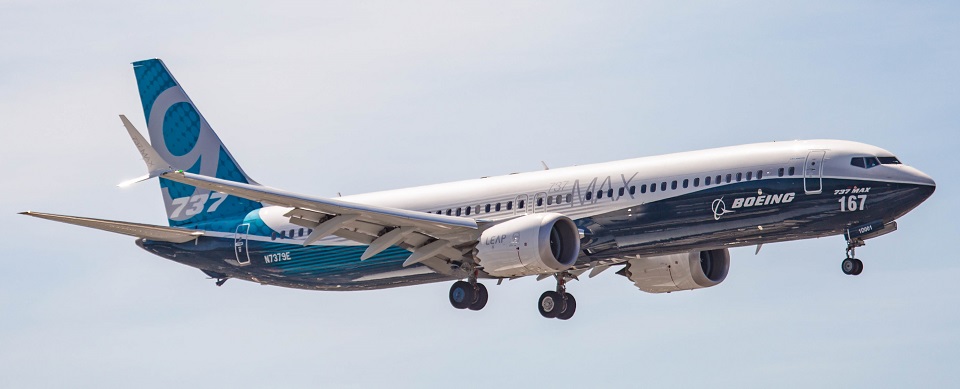Civil Aviation
U.S. FAA warns airlines to limit the use of anti-icing on 737 MAXs in dry air

US regulators have issued a warning to airlines to restrict the use of an anti-icing system on Boeing 737 Max aircraft in dry air to prevent engine housing components from overheating and potentially breaking free of the aircraft.
According to the Federal Aviation Administration, the risk to the flying public is so great that the order will go into force in just 15 days without first allowing for public response. According to the FAA, if the engine intake becomes overheated, pieces of the housing may fall loose and crash into a window, leading to decompression and posing a risk to passengers sitting in window seats.
FAA extends slot waiver at New York airports(Opens in a new browser tab)
According to the FAA, no reports of the overheating issue on Max flights have been made. It said that during flight testing and analysis in June, the possibility of damage was found. Overheating of the inlets, which are manufactured by Boeing, not CFM, according to Boeing, can only occur under “very specific” circumstances and wasn’t previously recognized.
According to a statement from the company, “Boeing has identified measures to mitigate the potential issue and (is) working with our customers to deploy those measures while a permanent fix is developed.” The FAA has identified an issue with a practise known as engine anti-ice, in which hot air from the engine is utilized to heat the housing and stop the growth of ice that may be drawn into the engines.
SpiceJet Q400 aircraft’s engine catches fire at Delhi airport(Opens in a new browser tab)
The FAA is requiring airlines and pilots to follow instructions in flight manuals that prohibit using engine anti-ice in dry air for longer than five minutes. The engine inlet inner barrel might become overheated if not, the FAA warned, “during certain combinations of altitude, total air temperature,” and engine settings. This can result in the intake barrel failing and harming the inlet cowl, a housing component.
The FAA warned that if pieces of the engine housing break off, they might damage other vital components of the aircraft as well, possibly breaking windows and causing the pilots to lose control. The Federal Register will publish the regulation on Thursday, according to the FAA.









